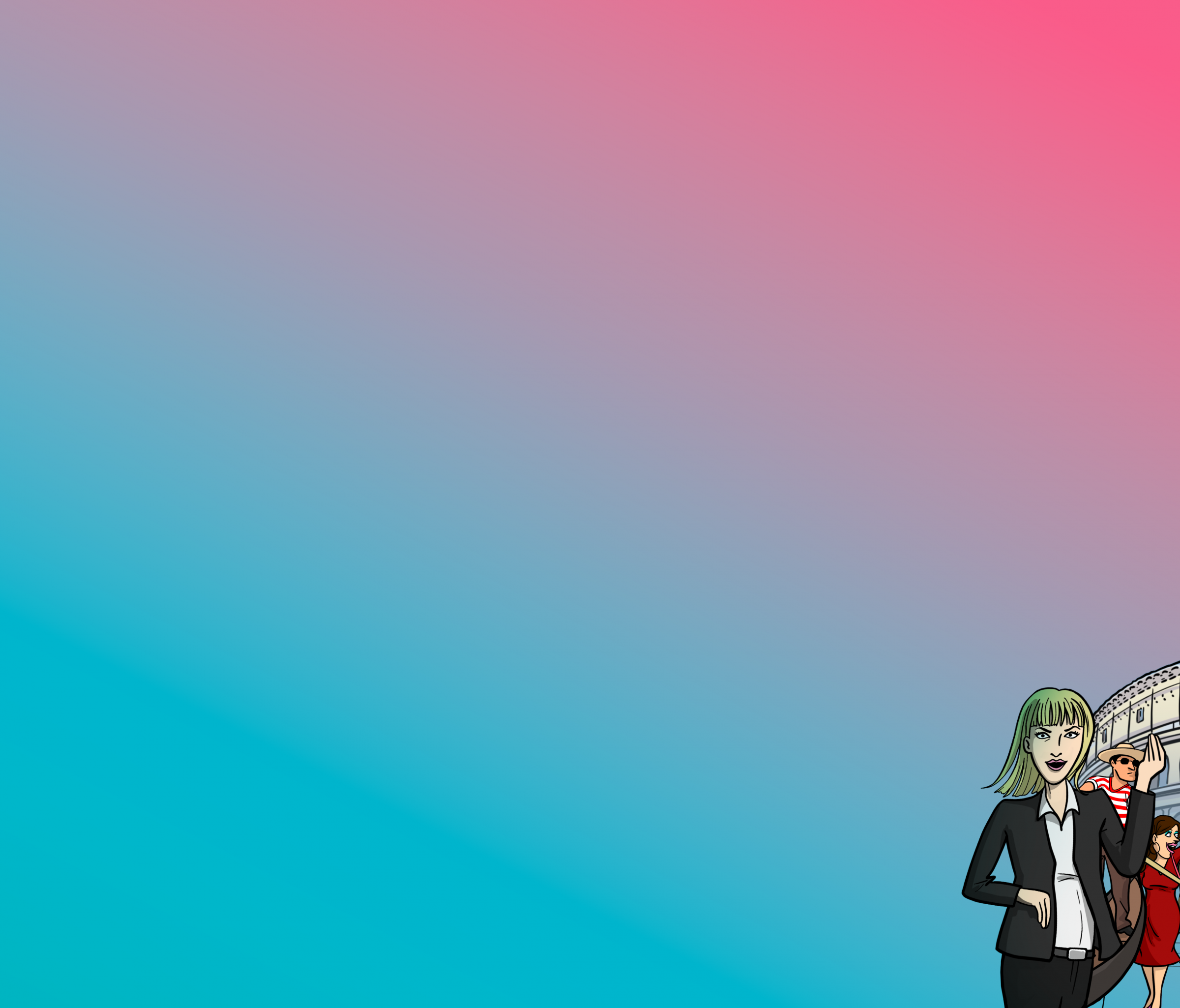Reflexive verbs and pronouns
In the infinitive form, reflexive verbs end with the pronoun si (oneself): svegliarsi (to get up), lavarsi (to wash), pettinarsi (to brush one's hair), vestirsi (to get dressed).
Ad Anna non piace svegliarsi presto.
Anna doesn’t like to get up early (literally, “Anna doesn't like to get herself up early”).
Ciro deve lavarsi velocemente.
Ciro has to wash (himself) quickly.
They are conjugated with a reflexive pronoun that is usually placed in front of the verb when it has been conjugated:
Tu ti vesti
Lui/lei si veste
Noi ci vestiamo
Voi vi vestite
Loro si vestono
Mi addormento molto tardi.
I go to bed very late (literally, “I put myself to bed very late”).
Ciro non si lava i denti.
Ciro doesn’t brush his teeth (more literally, “Ciro doesn't brush his own teeth”).
Note: we use the following pronouns before stesso/a (self): me stesso/a (myself), te stesso/a (yourself), se stesso/a (himself/herself), noi stessi/e (ourselves), voi stessi/e (yourselves), loro stessi/e (themselves). We can also write the version with the accent in the case of sé stesso/a, and the accent is required when using sé without the stesso/a.
Era arrabbiato con se/sé stesso (con sé).
He was angry with himself/itself.
Pensate solo a voi stessi.
You think only of yourselves.
Still facing difficulties with 'Reflexive verbs and pronouns'? Enhance your grammar and learn Italian through our online Italian lessons.
Start with a free test and improve today!
What our users say:
Improve your Italian further and test Saga Baldoria, online Italian course.

